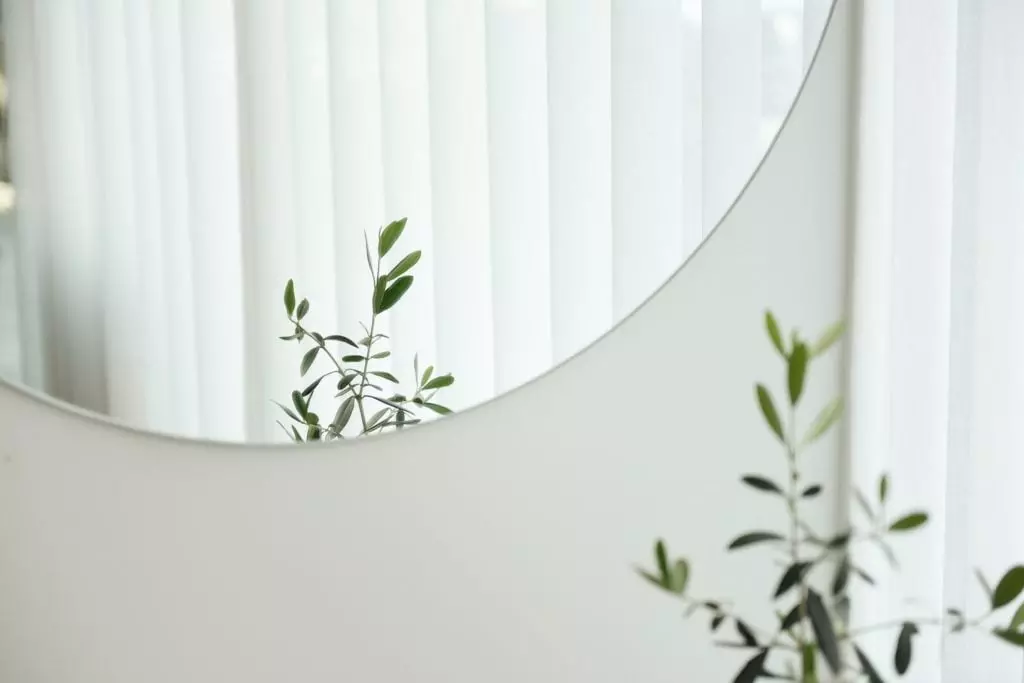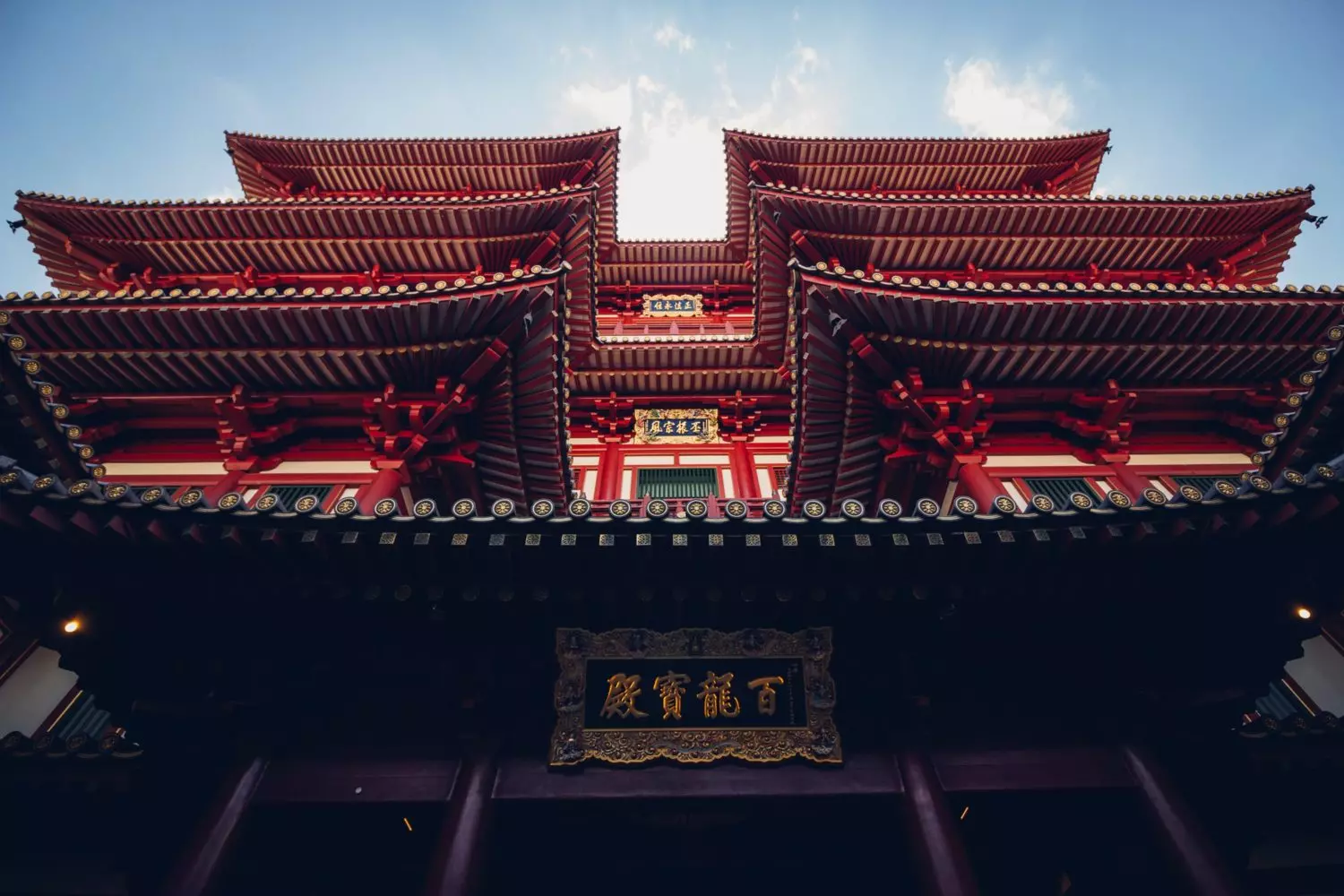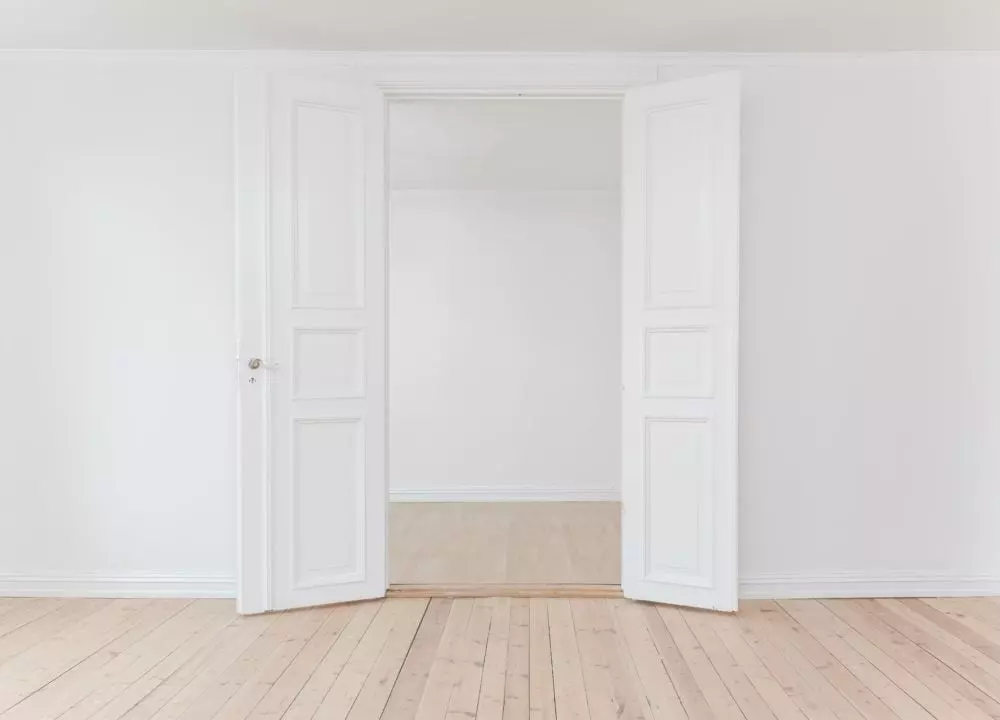In the world of architecture, the ancient philosophy of Feng Shui is making a powerful comeback. This Chinese pseudoscience deals with harnessing the energy, known as chi, to create harmony between individuals and their surroundings. Today, renowned architects around the world are incorporating these timeless principles into their designs.
Unveiling the Mysterious Energy Called Chi
Feng Shui teaches us how to manipulate the elements of wood, fire, earth, metal, and water to maximize positive energy, or sheng chi, in our lives. By doing so, we can reduce negative energy, known as si and sha chi. This ancient practice shows us that our surroundings can greatly influence our well-being and happiness.
The Basic Principles of Feng Shui
Feng Shui not only applies to grand structures but can also be used to enhance common dwellings. For centuries, ancient Chinese civilizations built their homes and public spaces with feng shui in mind. They believed that by orienting buildings in specific ways, the flow of sheng chi could be maximized.
Leaning against Mountains and Facing Waters
A key principle of feng shui is to construct buildings with their backs against mountains and their fronts facing water. This concept is seen in the ancient capital city of Xi'an, surrounded by nine mighty mountains and eight rivers, which was considered highly auspicious and served as the capital for thirteen dynasties.
 Image via Dahee Son @daheedarlingson
Image via Dahee Son @daheedarlingson
Symmetry
Symmetry plays a crucial role in feng shui architecture. The famous Forbidden City in China is a prime example of meticulous design with its bilateral symmetry. The entire palace is built around a north-south axis, showcasing the importance of balance and harmony in architectural principles.
 Image via Melvin Tan @melvintcs
Image via Melvin Tan @melvintcs
Curves
Curves symbolize vitality in feng shui architecture, and they can be found in various Chinese architectural elements. Bridges with arches, winding corridors, and curved edges on roofs are common examples. The mausoleum complex of the Qing Dynasty even incorporates small structures in front of large ones to emulate a sense of curvature.
Applying Feng Shui Principles in Your Home
While it may not be feasible to construct a new home with feng shui principles, you can still make changes to maximize positive energy in your living space. Here are some factors within your control that can greatly influence the flow of chi in your home:
Identify the Problem Areas
Take a holistic approach when implementing feng shui in your home. Identify the rooms that need the most attention and prioritize them. Every room contributes to the overall energy flow, so it's crucial to maintain a balanced and harmonious environment throughout your dwelling.
Focus on Hot Spots
Pay special attention to the front door and the placement of the staircase in your home. The front door represents the entry point of positive energy, so it should be unobstructed. Ensure that the staircase does not disrupt the energy flow; you can use mirrors or furniture to redirect the flow and prevent pockets of negative energy.
 Image via Lee Campbell @leecampbell
Image via Lee Campbell @leecampbell
Feng Shui Advice for Common Rooms
Make simple yet effective alterations to common rooms in your house to achieve a better flow of positive energy.
Home Office
Position your chair in the commanding position of the office, farthest from the entry point and not in line with it. Surround yourself with strong walls to create a pocket of positive energy.
 Image via Lee Campbell @leecampbell
Image via Lee Campbell @leecampbell
Bathroom
Keep the bathroom doors closed and the toilet seat down. By doing so, you prevent the positive energy from being flushed away. Water represents wealth and prosperity in feng shui, so it's essential to maintain its flow within your home.
Baby's Room
Create a harmonious environment for your baby by placing the cradle in the commanding position of the room, farthest from the door and not in line with it. Keep electronics away from the sleeping area to ensure a peaceful flow of positive energy.
 Image via Annie Spratt @anniespratt
Image via Annie Spratt @anniespratt
Designing Your Bedroom with Feng Shui
The bedroom holds great importance in feng shui as it is where we regenerate and rejuvenate. Consider the following tips to create a peaceful and harmonious space:
The Right Bed
Choose a bed with a solid headboard, good quality mattress, ample frame height, and no storage underneath. Avoid sharp corners to promote positive energy flow.
The Right Placement of the Bed
Position your bed in the commanding position of the room, against a strong wall. Avoid placing it near walls with electronics, as electromagnetic fields repel positive energy. If possible, align the bed with your most lucky direction to enhance the flow of positive energy.
Maintaining the Surroundings of Your Bed
Maintain balance around your bed by having two nightstands. Ensure that objects around your bed have no sharp edges or corners pointing at you. Opt for rounded shapes in decor, such as table clocks and lamps.
Unlocking the Power of Feng Shui Remedies
Feng shui remedies, such as mirrors, crystals, water features, symbolic objects, and natural elements, can enhance the flow of positive energy in your home.
Mirrors
Mirrors are versatile tools in feng shui. Use them strategically to reflect natural light, spread positive energy, and create a sense of spaciousness in your home.
 Image via Suhyeon Choi @choisyeon
Image via Suhyeon Choi @choisyeon
Crystals
Crystals have the power to modulate energy and can help eradicate pockets of negative energy. Use them to refract sunlight and create a harmonious atmosphere.
Water
Incorporating elements of running water, such as fountains or water features, can enhance the positive energy flow in your home. Water is considered a symbol of wealth and prosperity in Chinese culture.

Symbols
Symbolic objects like the Buddha, lucky bamboo, and dragon statues represent positive energy. Select a few meaningful objects to enhance the feng shui of your home, but remember to maintain a clutter-free environment.
Natural Objects
Introduce potted plants and greenery into your home to connect with nature. Greenery enhances the positive energy flow and brings tranquility to your living spaces. Consider incorporating elements of nature, such as aquariums, to further enhance the harmony.
Applying Feng Shui to Small Spaces
Even in small spaces, such as apartments or dorm rooms, feng shui can create a tranquil and serene atmosphere.
Manage the Most Important Piece of Furniture
Place the most important furniture, usually the bed, in the commanding position of the room. This creates a sense of control and balance in your space.
Make Multi-Purpose Rooms More Manageable
If you have a multi-purpose room, use rugs and curtains to visually separate different activity centers. Create a clear distinction between your work and sleeping areas.
Keep the Entryway Clear
The entryway sets the tone for positive energy flow throughout your home. Keep it clutter-free and welcoming to invite positive chi energy into your space.
 Image via Philipp Berndt @philberndt
Image via Philipp Berndt @philberndt
Have a Consistent Color Scheme
Select a central color scheme for your space and try to maintain consistency in your furniture and decor choices. Incorporate the five elements of feng shui through colors, textures, and shapes.
Reduce Visual Noise
Keep the number of items on display to a minimum to create a visually calming environment. Rotate keepsakes and declutter regularly to maintain a peaceful atmosphere.
Make the Most of Your Storage
Maximize storage space and keep belongings organized to minimize clutter. Utilize vertical storage options in small spaces and ensure every nook and cranny is optimized.
Use Mirrors and Crystals
Use mirrors strategically to create a sense of spaciousness and reflect positive energy. Crystals can help modulate energy and bring balance to small spaces.
Clean Up Daily
Make cleaning a daily ritual to maintain a positive and harmonious living environment. Embrace the practice of tidying up your space as a gesture of respect for your home.
In conclusion, the ancient practice of feng shui offers valuable insights into creating a harmonious home environment. By implementing feng shui principles, you can enhance the flow of positive energy and create a space that promotes well-being and happiness. So, start applying these timeless principles today and experience the transformative power of feng shui in your own home.

















